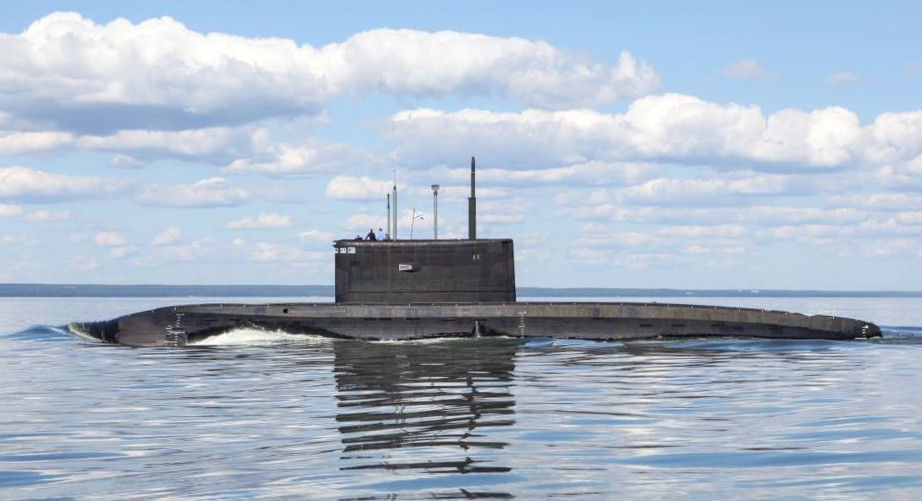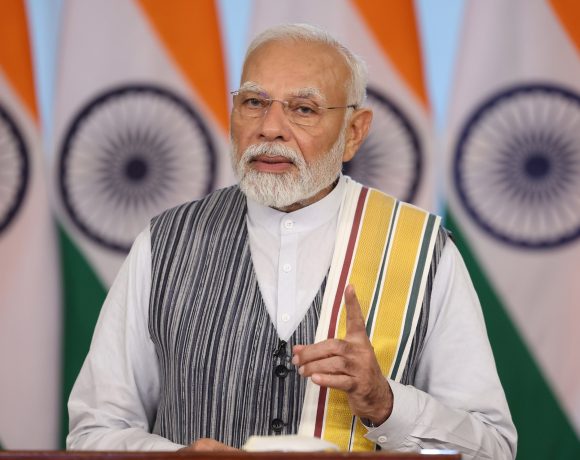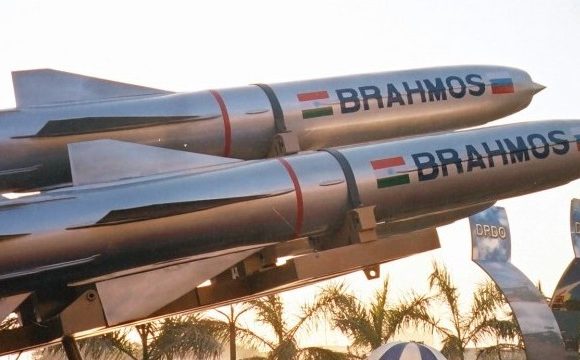
Russia Offers India Six Refurbished Kilo‑Class Subs with Kalibr Missiles
Russia has reportedly proposed to India a strategic naval deal: the acquisition of six refurbished Kilo-class diesel-electric submarines, equipped with Kalibr cruise missiles boasting a range of 1,500 km. If accepted, this deal would enhance India’s underwater strike capabilities and solidify maritime deterrence in the region.
Kilo Submarines
The Kilo-class (Project 877/636) vessels, often dubbed “Black Holes” by NATO for their stealth, are respected for their quiet operations. The offer includes modernisations such as updated sonar systems, air-independent propulsion (AIP) modifications for extended submerged endurance, and digital combat suites. These vessels complement India’s existing submarine inventory and offer a faster procurement route compared to building new boats.
Kalibr Missile Upgrade
A key feature of the proposal is arming each sub with Kalibr land-attack cruise missiles, capable of delivering precision strikes at ranges up to 1,500 km. This would allow Indian submarines to project power deep inland from sea, covering strategic targets across geopolitical flashpoints.
Strategic Rationale
India’s existing conventional submarine fleet largely focuses on littoral and regional maritime security. The addition of land-attack cruise capability would introduce a credible maritime strategic deterrent traditionally associated with nuclear-capable ballistic missile platforms. It would also serve as a quicker stop-gap while India progresses with its indigenous Navy’s diesel-electric Scorpene-class submarines and future nuclear-powered ballistic missile submarine (SSBN) projects.
Geopolitical Implications
Deploying Kalibr-armed submarines would enhance India’s maritime posture in the Indian Ocean Region (IOR), deterring potential adversaries. While the upgrade may draw criticism over regional arms races, proponents argue it contributes to strategic parity and deterrence, especially given China and Pakistan’s submarine and missile capabilities.
Operational Timeline
These refurbished boats could be delivered within three to four years, faster than India’s indigenous production timeline. Russian shipyards are expected to handle overhauls and refits, followed by joint sea trials and crew training in India.
Budget and Procurement Challenges
Financing a six-boat deal—including refit, missile, and support costs—will require significant capital. Analysts estimate each boat may cost around $600–800 million, depending on systems chosen and support contracts. India must also navigate procurement protocols, inter-service prioritisation, and rising strategic ties with Western defence partners.


















